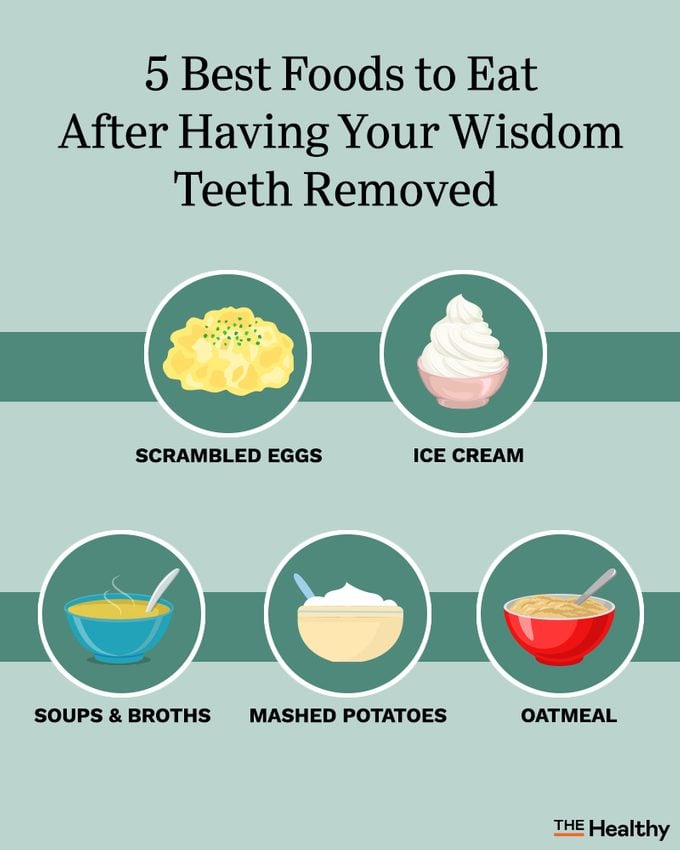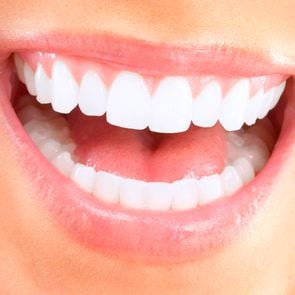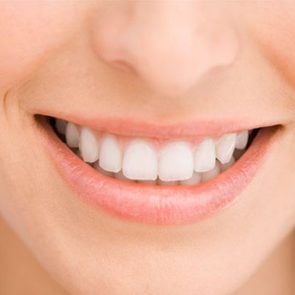5 Best Foods to Eat After Having Your Wisdom Teeth Removed
Updated: Mar. 14, 2022
Not sure what to eat after wisdom teeth removal? You'll need to choose soft or liquid foods and avoid certain other foods until you heal.
What to eat after wisdom teeth removal
While having your wisdom teeth out is typically seen as a teenage rite of passage, the truth is that people of all ages require orthodontic treatment to have these teeth removed.
Wisdom teeth are the third set of molars that adults generally get when they are between 18-26 years old, says Christopher Norman, a dentist in Englewood, Colorado.
“The nickname wisdom teeth comes from the fact that they erupt into the mouth during the college years in the majority of adults,” Dr. Norman says.
It’s preferable to have them removed before the age of 20, explains Marc Sclafani, a dentist at One Dental in New York City. This typically makes the surgery and recovery easier.
“Since teeth removed before age 20 have less developed roots and fewer complications, the American Dental Association recommends that people between 16 and 19 have their wisdom teeth evaluated to see if they need to be removed,” says Dr. Sclafani.
Whatever your age, however, wisdom tooth removal is sure to leave you feeling sore—and in search of something suitable to eat.
Because wisdom teeth removal will leave your feeling tender for a couple of days—typically less than a week, says Les Latner, a dentist in Los Angeles and owner of Westside Dental Associates—you’ll want to look for soft foods that won’t irritate the wound.
Here, are the foods to eat after wisdom tooth removal surgery, the ones to avoid, and what to expect during recovery.
Post-wisdom teeth surgery
After your wisdom tooth removal surgery, your mouth will feel extremely sensitive, tender, and sore. While this is only temporary, it’s important to take proper care in the meantime. Even though people are sometimes awake for wisdom tooth removal, it’s still surgery and you should take your recovery seriously.
“After the extraction, drink lots of liquids and eat soft, nutritious foods. Eating soft foods after dental surgery is necessary to ensure proper healing. We want to avoid food particles from interfering with the extraction site, and chewing hard foods can also cause pain and discomfort after surgery,” Dr. Sclafani says.
“A balanced diet of enough calories and plenty of protein can help the healing process. Protein helps build and repair muscle, skin, and tissue.”
We spoke with dentists for more ideal post-surgery food recommendations.

Scrambled eggs
Scrambled eggs are one of the most popular food recommendations after getting wisdom tooth surgery.
“Scrambled eggs are great because they require very little chewing,” says Dr. Sclafani.
Not only are they super soft, quick to make (a bonus when you’re feeling tired post-surgery), and gentle on your mouth, but they’re also chock full of protein and nutrients, making them a particularly great choice.
(Try these easy egg recipes.)
Ice cream and other cold foods
Ice cream as an official dietary recommendation by medical professionals? Yes, please.
Dentist Lilya Horowitz, owner of Domino Dental, in Williamsburg, Brooklyn, suggests ice cream or cold smoothies as part of the recovery process.
“Stick with cold foods that are dissolved into liquid so that the food doesn’t get stuck in extraction sockets,” says Dr. Horowitz. Not only is ice cream a “safe” food, but, of course, it’ll be a nice treat as you’re recovering from surgery.
Dr. Sclafani agrees that ice cream and other cold foods are a great bet. “Cold foods such as ice cream, Jell-O, smoothies, sorbet, milkshakes, and protein shakes may relieve some of the discomfort.”
He cautions, however, against drinking them through a straw post-surgery as it can loosen blood clots or scrape the wound.
Soups and broths
Soup is an ideal food for post-surgery, says Dr. Latner: it’s nutritious and delicious but doesn’t require potentially irritating chewing.
“Blended soups and broths are great,” agrees Dr. Sclafani. “They’re easy to eat, nutrient-rich and hydrating, and full of essential vitamins and minerals to aid recovery.”
Just take care to avoid soups with small seeds or large chunks, and stick to blended purees or broths. And, of course, make sure soup isn’t too hot.
Mashed foods
Following wisdom tooth removal surgery, Dr. Latner recommends anything soft, mushy, and mashed as a winner: think mashed potatoes, avocados, yogurt, and apple sauce. “The softer, the better!”
Dr. Sclafani is a fan of avocado smoothies post-surgery, and says that peanut butter can be added for extra protein. In addition to stalwarts like mashed potatoes, he also recommends polenta and soft cheeses, including cottage cheese.
Oatmeal
Dr. Sclafani recommends oatmeal as an excellent food for post-wisdom tooth removal surgery. Not only is it soft, mushy, and perfect for sore jaws, but it’s nutrition-packed, too.
It’s important, however, to make sure that the oats are lukewarm and not hot when you eat them, to avoid further irritating your mouth.
Foods to avoid
Regardless of what foods you gravitate toward, it’s key to avoid small pieces of food that might get caught in the wound socket and impede healing, says Dr. Latner.
Dr. Horowitz especially cautions patients to stay away from grainy and crunchy foods like cereal, nuts, and seeds until fully healed.
Greg Gelfand, a dentist based in New York, also cautions patients away from small seeds, as well as hot and spicy foods, and alcohol. “It can cause irritation and impede wound healing. Generally, food that requires a lot of chewing should be avoided since post-surgical swelling can make chewing especially difficult.”

What to expect during wisdom tooth recovery
Luckily, it shouldn’t take too long for your teeth to begin to heal (meaning a modified diet is only temporary). Rhonda Kalasho, a Los Angeles-based dentist, says the recovery wisdom tooth recovery is under a week, usually one to five days.
Here’s what you can expect.
Swelling
Swelling will likely occur, with the most pain and swelling occurring on days two and three, says Dr. Kalasho. This is a common reaction to surgery and is nothing to be alarmed by.
Pain
Unfortunately, some pain is to be expected following wisdom tooth removal surgery.
“We always recommend staying ahead of the pain and taking the pain reliever prescribed to you by your doctor as soon as you get home, even if you do not feel pain yet,” says Dr. Kalasho, who says that throbbing and pressure are also normal.
Bleeding
Get queasy at the sight of blood? Try to prepare yourself mentally: bleeding is common following wisdom tooth removal surgery.
If you’re experiencing daytime bleeding, roll up a piece of gauze and bite down on it, says Dr. Kalasho. This will help keep the bleeding at bay. For nighttime bleeding, place a towel on top of a pillow or pillows and elevate your head.
Next, here’s how to brush your teeth properly.



















